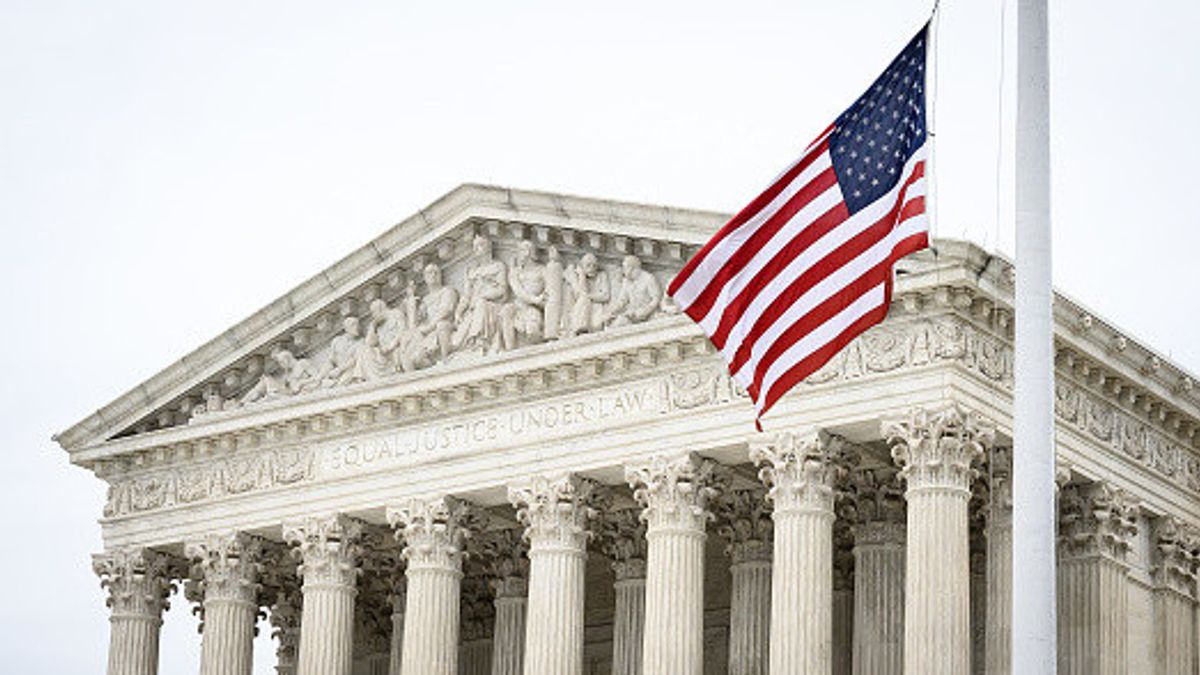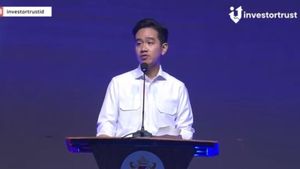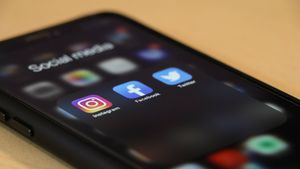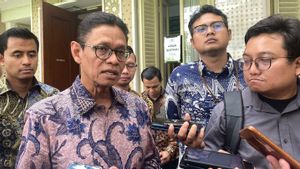JAKARTA - The United States Supreme Court on Tuesday 22 February will hear an important case related to Section 230 of the Communications Decency Act 1996. This case is important because it involves the freedom of internet platforms and legal exemptions guaranteed by law for internet companies.
Section 230 provides legal protection for internet platforms for content posted by their users. The case to be decided this time will determine how far this legal protection is given. If the decisions taken limit this protection, internet companies could be open to lawsuits from various parties.
In the case heard this time, the family of the shooting victim by the Islamist militant group in Paris in 2015 filed a lawsuit against Google LLC and YouTube, which are part of Alphabet Inc. The victim's family accused YouTube of recommending videos from militant groups to certain users through its computer algorithm. However, the lawsuit was rejected by the court referring to Section 230.
The decision of this case will have a major impact on internet companies operating platforms that allow users to post content. This case also shows how complex legal problems are related to the freedom of internet platforms.
In 2021, the California state court rejected the lawsuit of a feminist blogger accusing Twitter Inc of unlawfully blocking posts criticizing transgender people as "hateful acts".
In 2022, California's federal court rejected a lawsuit by LGBT plaintiffs accusing YouTube, part of Alphabet Inc, of limiting content posted by gay and transgender people.
These lawsuits are included in many lawsuits thwarted by the strong form of immunity recognized in the United States law that includes internet companies.
Part 230 of the 1996 Communications Discriminal Act waived the platform from legal responsibility for content posted online by its users. In a large case to be heard at the US Supreme Court on Tuesday 21 February, nine judges will discuss the coverage of Section 230 for the first time. according to legal experts, a decision that weakens it could expose internet companies to lawsuits from all directions.
"There will be more lawsuits than the number of atoms in the universe," said law professor Eric Goldman of the High Tech University Institute of Santa Clara.
The judge will hear arguments in an appeal by Nohemi Gonzalez's family, a 23-year-old woman from California who was shot dead during a 2015 attack by Islamist militants in Paris, over a court ruling rejecting a lawsuit against YouTube owner Google LLC, seeking compensation, citing Section 230. Google and YouTube are part of Alphabet Inc.
The family claims that YouTube, through its computer algorithm, illegally recommends videos from the Islamic State militant group, which claimed responsibility for the attack, to a number of users.
The judge will hear arguments in an appeal by the Nohemi Gonzalez family over a court ruling rejecting the lawsuit against YouTube owner Google LLC, seeking compensation, citing Section 230.
The English, Chinese, Japanese, Arabic, and French versions are automatically generated by the AI. So there may still be inaccuracies in translating, please always see Indonesian as our main language. (system supported by DigitalSiber.id)












